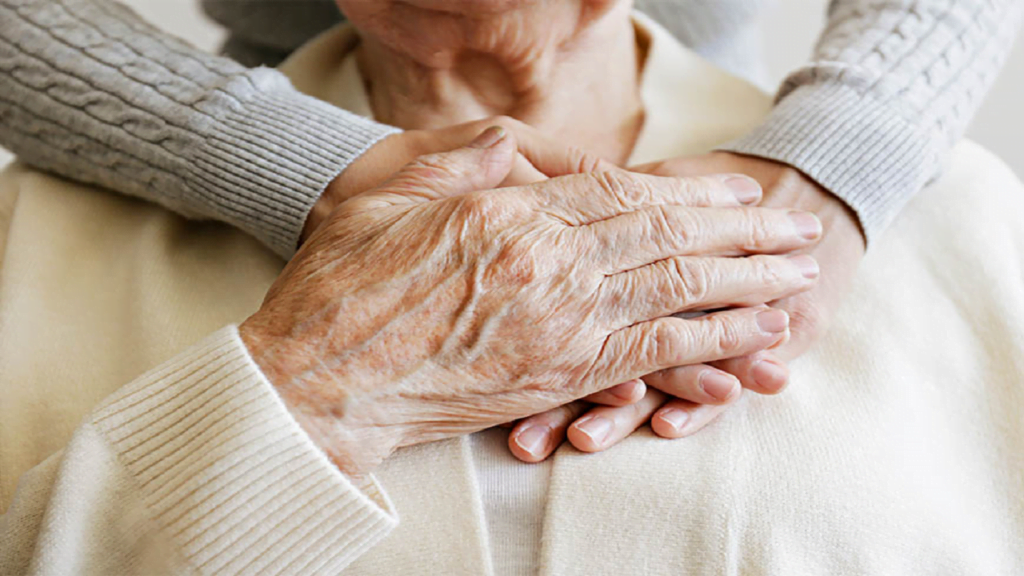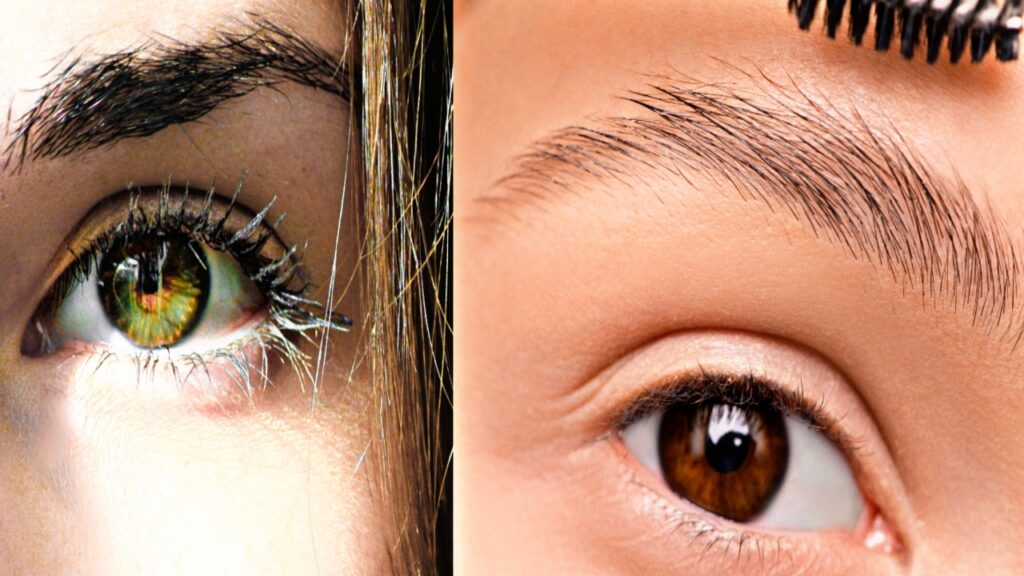Art Therapy
Most often used to treat mental diseases, art therapy can help improve quality of life, reduce cognitive decline, and regulate symptoms associated with psychosocially problematic behaviors. People can express themselves more freely, enhance their mental health, and strengthen their bonds with others through art therapy. The foundation of art therapy is the notion that artistic expression can aid in healing and well-being. This review looks at the latest findings regarding the potential benefits of active engagement in the arts for mental health. Using key databases like Google and Google Scholar, the WHO’s mental health database, and PubMed, a thorough literature search was conducted.

Techniques
The purpose of art therapy is to use the creative process to assist individuals in exploring their own self-expression in order to discover new avenues for self-discovery and the development of coping mechanisms.
People can explore emotions, become more self-aware, manage stress, improve their self-esteem, and practice social skills by making or appreciating art.
Clients may examine their artwork and its emotional impact as they are creating it. People might search for themes and conflicts in their art that might be influencing their feelings, ideas, and actions.

The advantages of art therapy
Regardless of artistic background or ability, a 2016 study that was published in the Journal of the American Art Therapy Association found that engaging in less than an hour of creative work can lower stress and improve mental health.
With clients ranging from young infants to elderly adults, an art therapist may employ a range of artistic techniques, such as collage, painting, sculpting, and drawing.
Creative expression is beneficial for clients who have suffered from emotional trauma, physical violence, domestic abuse, anxiety, depression, and other psychological disorders.
Effectiveness
Although studies indicates that art therapy might be helpful, there are conflicting results about its efficacy. More study is required to determine how and when art therapy may be most helpful, as studies are frequently limited and inconclusive.
Considerations
There are some common misunderstandings and information you should be aware of if you or someone you care about is considering art therapy.
You Do Not Need to Be Creative
Art therapy is beneficial for people of all ages, including children, teens, and adults, and participation does not require creative ability or unique talent. According to several studies, even having art around can improve mental health.
Furthermore, not all mental health issues have been reported to respond well to art therapy. One meta-analysis, for instance, concluded that art therapy is ineffective at lowering either positive or negative symptoms associated with schizophrenia.





